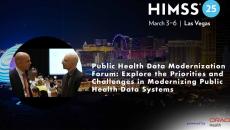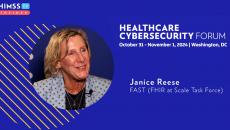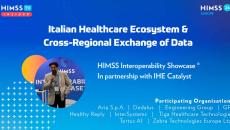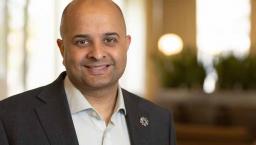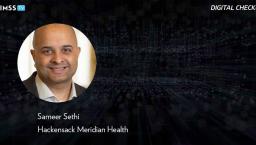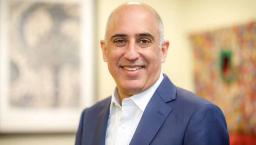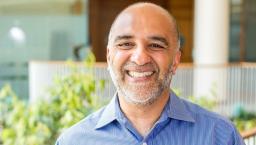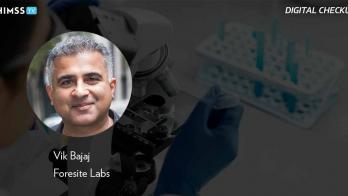Interoperability
Health IT leaders at the recent HIMSS25 Public Health Data Modernization Forum said pushing for more data, and more data exchange, is essential to keeping pace with a fast-evolving healthcare industry.
Dr. Steven Lane, chief medical officer at Health Gorilla and a HIMSS25 Changemaker Award recipient, says that, even as progress has been made for interoperability over the past 10 years, broader data sharing through TEFCA is still in its early stages.
HIMSS25 sessions on change management, the upcoming government spending bill and suggestions for aligning interoperability goals with Trump administration policies are today's topics with our top journalists.
Janice Reese, program manager of FAST (FHIR at Scale Task Force), says making patient access simpler is a key benefit, along with identity consent and security.
Interoperability capabilities are available, but ushering patient data exchange and speeding up time to care are matters of provider change management and embracing digital transformation, says Dan Torrens, CEO of eHealth Technologies.
Paul Wilder of CommonWell Health Alliance considers how government buy-in will help the healthcare industry propel dynamic registration of FHIR Endpoints in 2025 and explains why the directory needs to be pulled into a trust framework like TEFCA.
Paul Wilder of CommonWell Health Alliance explains why providers are still stuck in document exchange and says he is hopeful that the ability to ensure B2B data security at scale is about two years away.
Alexander Berler of IHE Catalyst discusses how digital health companies will need to collaborate with each other and meet four different levels of interoperability to satisfy the new European Health Data Space regulations.
Dr. Saad Aldousari, hospital director at Kuwait's Sabah Al-Ahmad Urology Center, explains how the Kuwaiti Ministry of Health supports digital maturity and interoperability goals for all its hospitals.
Sponsored
At the HIMSS24 Europe Interoperability Showcase, a sample use case demonstrated how Italians can share health records across its multiple regions thanks to the country's adoption of international data standards.

